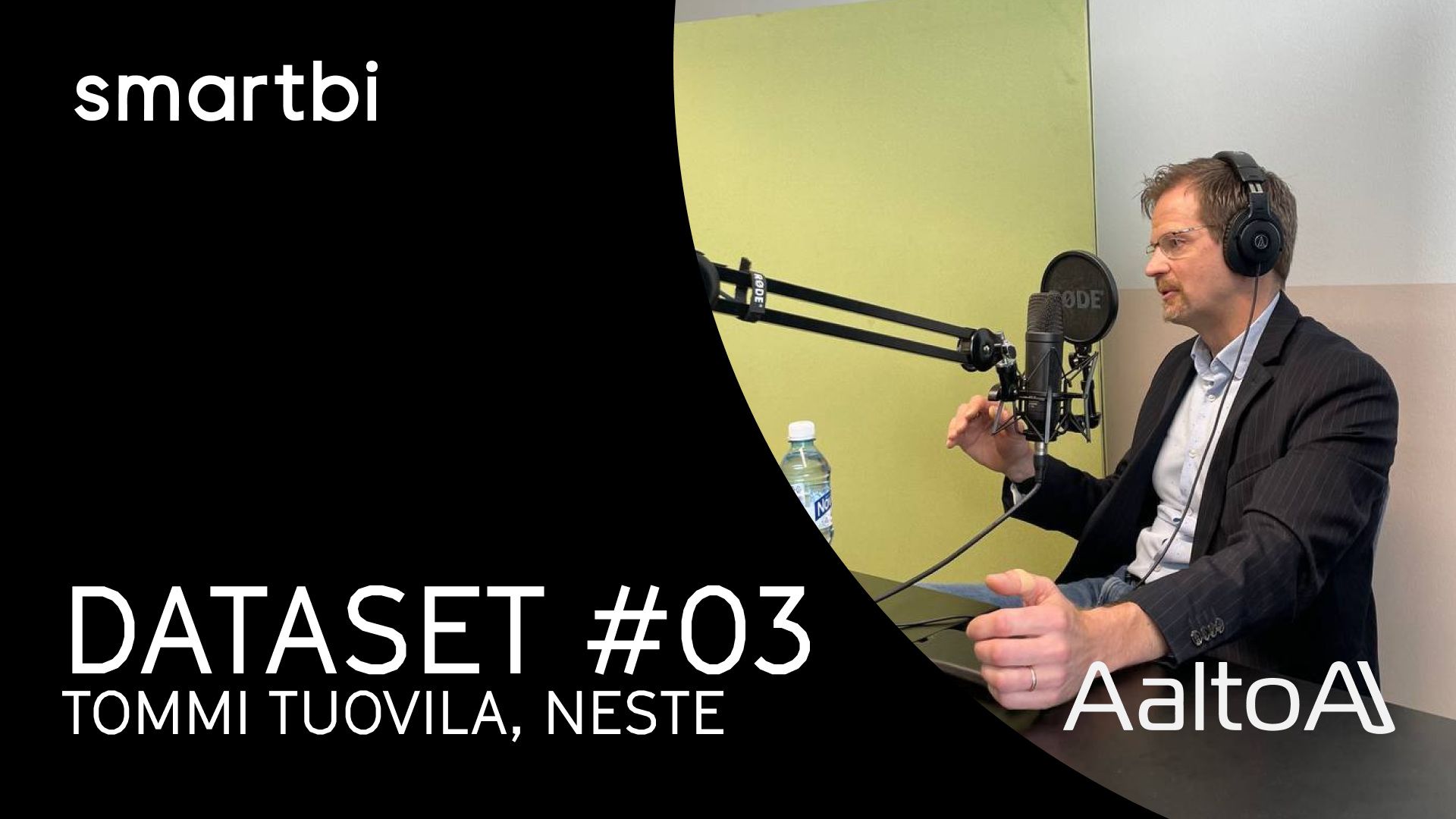
In this edition of the Dataset podcast, we explore, as always, the latest developments in the world of AI with leading AI and data experts. Our interview section features Tommi Tuovila, the CIO of Neste and recipient of the Finnish CIO of the Year award in 2018. Tuovila brings extensive experience from his roles at major Finnish companies including UPM, Värtsilä, and Nokia.
With Tommi, we discuss the implementation of AI at scale, the evolving role of Chief Information Officers, a practical case study of industrial AI, and the changing landscape of CIO responsibilities in the age of rapidly evolving AI.
Listen to the full episode on Spotify, and for those seeking a quick summary, read the highlights and summary of our discussion with Tommi Tuovila below.
Listen nowLATEST AI NEWS
Lumalabs Dream Machine: Lumalabs has released Dream Machine, a free video generation model that is open to everyone. While not quite at the level of OpenAI's Sora, which is highly effective but not widely available (and potentially won't be free of charge), Dream Machine provides solid results for free. Early reviews and videos on Twitter and other outlets suggest it performs well.
James Betker on Artificial General Intelligence (AGI): A blog post by Betker, an OpenAI engineer, explores the concept of Artificial General Intelligence, which is often seen as a form of superhuman AI. Betker argues that AGI requires three key elements: embodiment (interaction with the environment), fast thinking (intuitive problem-solving), and slow thinking (deep introspection, also known as system two thinking). While we have advanced world models and robots and some early forms of system two thinking, fully realized AGI is projected to emerge in the next three to five years, according to Betker.
Apple x OpenAI partnership: Apple has partnered with OpenAI to integrate ChatGPT into the core of Apple devices, creating the so-called "Apple intelligence system." This integration means that Apple will shift data processing for its AI from on-device to the cloud, a move branded as "private AI computing in the cloud." This development is expected to improve device interfaces and user interactions.
Deloitte Report on CIOs and AI: A recent Deloitte report highlights how AI puts CIOs in the spotlight more than ever before. The report notes that AI initiatives transform the CIO role from a cost and support function to a profit driver. As companies increasingly adopt AI, CIOs are gaining new responsibilities and becoming more central to driving business success.
Tommi Tuovila and Neste – Scaling AI and evolving role of Chief Information Officer (CIO)
Tommi Tuovila, Neste's CIO and recipient of the Finnish CIO of the Year award in 2018, shares insights on AI implementation and the evolving role of CIOs. Tuovila, who describes himself as a "digi-humanist," emphasizes that technology should serve humanity: "Technology has to help human beings, us as humans, and the whole planet to be better, live better, and be more elevated."
Tuovila stresses the importance of volume and scalability when discussing AI initiatives at Neste. "None of the cases are game-changers by themselves. You have to have a lot of cases," he explains. Neste focuses on building a pipeline of AI projects, learning from each implementation, and ensuring they are profitable and self-funding. One successful example is an AI application that optimizes ship speeds, saving millions of euros in fuel costs and reducing environmental impact.
According to Tuovila, the role of Chief Information Officers (CIOs) has undergone significant changes over the past few decades. In the early 2000s, CIOs often had short tenures of three to four years, focused on executing major transformations before moving on to new challenges. However, since 2010, the role has evolved into a more stable, long-term position. Tuovila explains, "It's becoming a more normal job, not a magician's. You don't come in and do some major transformation and then leave. It's like normal leadership."
Today's CIOs are expected to continuously adapt to market conditions, maintain and optimize existing technologies, and drive ongoing digital innovation. They serve as "guardians of technology" while also focusing on creating value through the effective implementation and operation of IT systems. This shift reflects the increasing integration of technology into all aspects of business operations and the need for sustained, strategic leadership in the digital realm.
Looking to the future, Tuovila sees great potential in everyday AI. "We're pushing for allowing everyone to experiment," he says, describing Neste's approach of granting employees access to AI tools in exchange for proposing and reporting on use cases. His advice for leading companies into the AI age is pragmatic: "Be with the crowd. If you're at the front, you pay a premium. If you're behind, you face competition hitting you from all sides. You have to be in the wave, like surfing – if you're too early, you paddle too much; if you're too late, you miss the wave. You need to paddle at the right moment and adjust your pace."
Could AI be applied to your business case?
Subscribe to the newsletter and learn how AI can solve business challenges.